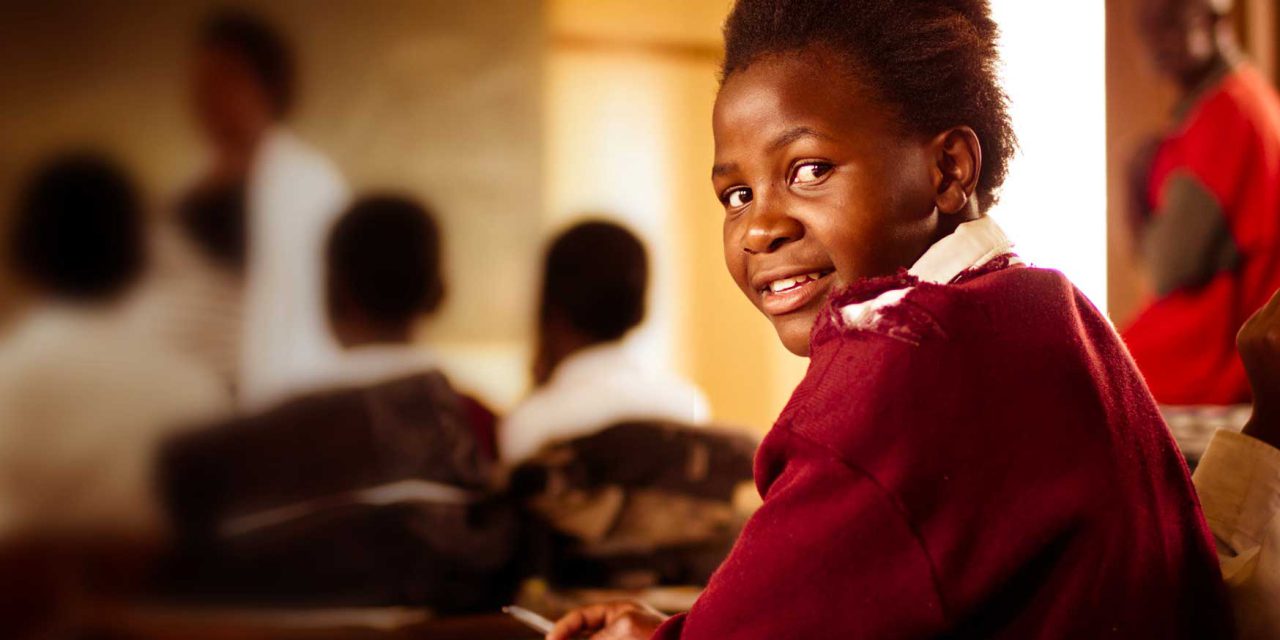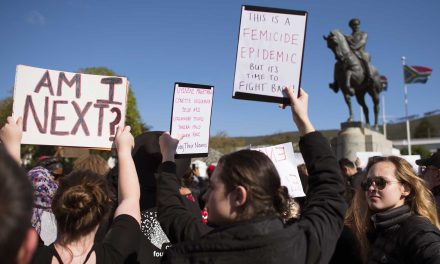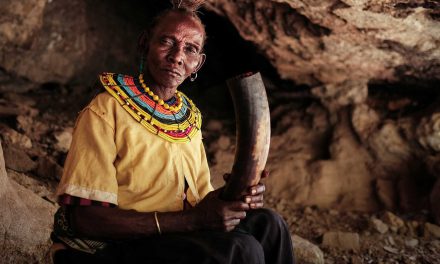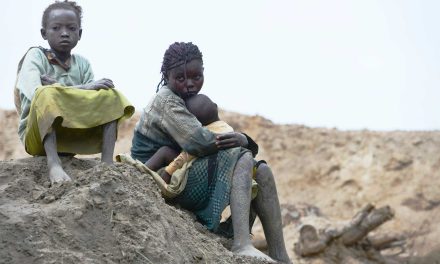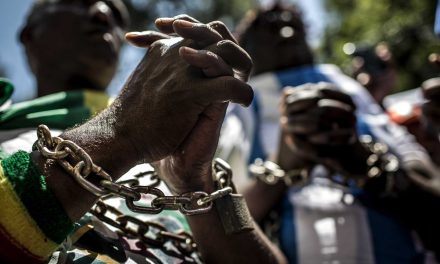According to data from Togo’s last demographic census in 2010, women play a vital role in the country’s economy, representing more than 51.4% of the total population, then estimated at 6.2 million. Despite this, the country has a long way to go in achieving gender equity and equality.
In Togo, as in many African countries, forced marriages as well as early or unwanted pregnancies have an impact on the education of girls, but the government has taken up the challenge of promoting female leadership in all sectors. To achieve this goal, Togolese authorities have committed themselves to focus on the education of young girls to fight against socio-cultural constraints that hinder their development.
Though school is compulsory for all children – pre-school from four years of age and six years for primary school – until the age of 15, according to the Constitution of 14 October 1992, amended on 15 May 2019, socio-cultural and economic factors have hindered the application of this law.
Canadian-based foundation 60 Million Girls, which is dedicated to girls’ education and runs the Girls Empowerment Programme (GEP) in Togo, a school-based human rights education initiative for girls aged 8-17, says that in rural and vulnerable communities with high poverty rates, parents believe early marriage provides their daughters with more economic security than education would.
Also, as child rights activist Assaba Sahada explains, poverty in rural areas forces parents to resort to using their young daughters for field work instead of being in the classroom. “Before now, poor parents in the agricultural sector preferred to send their daughters to the fields to help their mothers work because they saw little need to let them go to school,” Sahada told Africa in Fact. “Parents, for lack of means, preferred to invest the little they had for the education of boys to the detriment of girls, but things have changed.”
For example, the authorities have recently launched several initiatives to promote basic education for young girls; these include free pre-school and primary school for all children, while girls benefit from a two-thirds reduction of their school fees at the secondary level. Another programme launched in 2017, a social protection scheme known as “School Assur”, provides healthcare assistance to more than 2.5 million students in over 6,000 schools across the country.
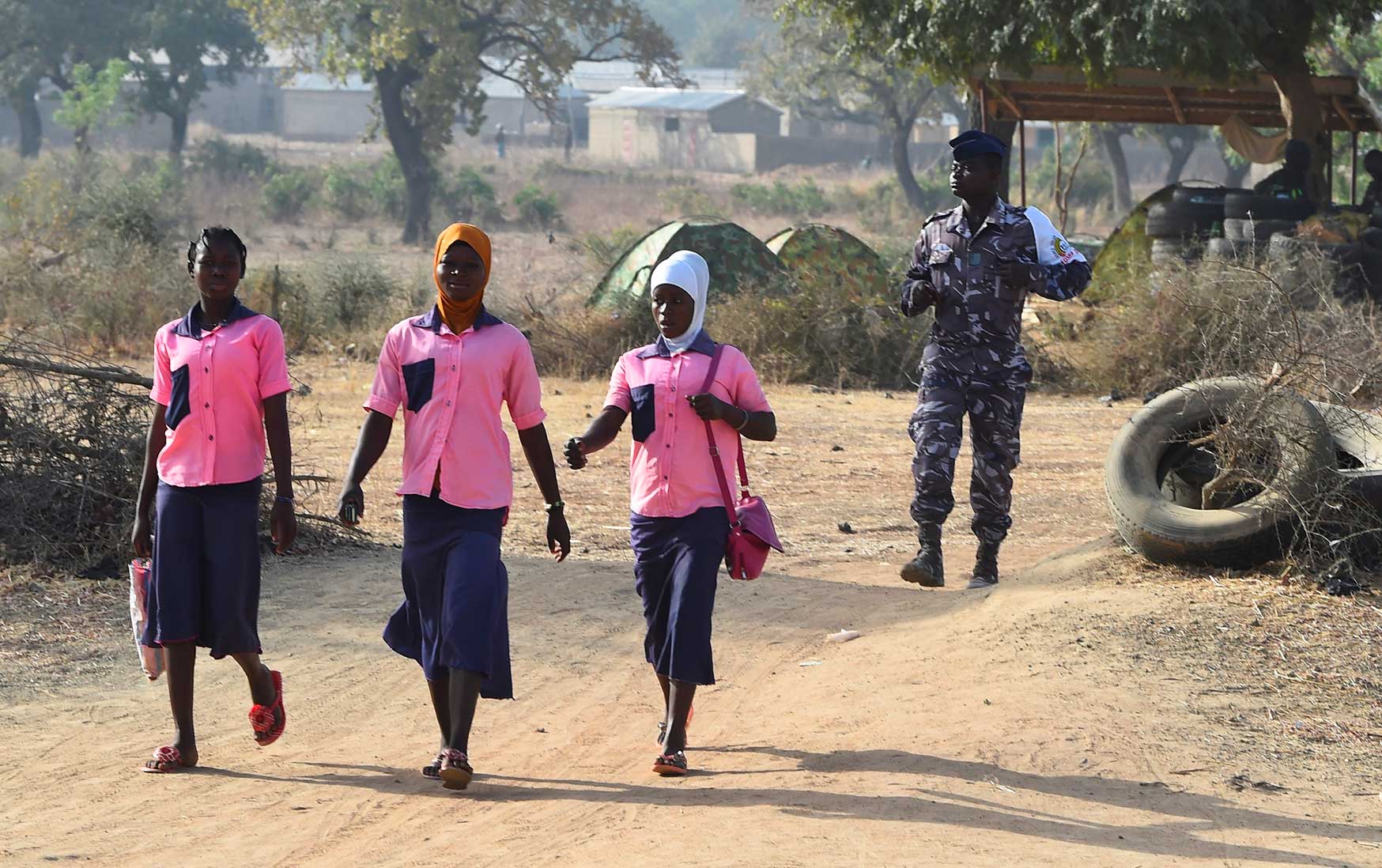
A policeman walks behind school girls as they cross the border in Yemboate, the northern Togo border post with Burkina Faso.
According to figures from the Ministry of Primary and Secondary Education, the number of students at the pre-school level has tripled from 55,120 in 2011 to 155,739 in 2018, 76,957 of whom are boys (49.4%) and 78,782 girls (50.6%). Primary schools (for children aged 11 to 15) have seen the same upward trend, with the number of students going from 1,299,802 in 2011 to 1,548,876 in 2018.
The Minister of Social Action, Women’s Empowerment and Literacy, Adjovi Lolonyo Apedoh-Anakoma, told Africa in Fact that the change in enrolment has also had a positive impact on the success rate in the various end-of-cycle secondary school exams.
“The various programmes have had a positive impact in terms of girls’ success in their exams; this is evidenced by the results of the past two years,” she says. “The Togolese government has taken several measures to encourage young girls to stay longer (at school than they would have) or even finish school. I can cite, among other things, a scholarship programme for the most deserving female students, and when I speak of deserving students, that means we consider academic merit.”
Data from the Ministry of Primary and Secondary Education shows the success rate for primary school girls increased from 77.3% for the academic year 2019-2020 to 84.8% for 2020-2021.
In addition to these achievements, the Togolese authorities have also tackled another challenge, that of improving the quality of education by encouraging girls to excel at subjects such as mathematics, which historically they have not been encouraged to embrace. One initiative launched as early as 2013 is a series of annual maths Olympiads and other national competitions aimed at encouraging girls to excel at the subject. The initiative has paid off, evidenced by the results of the mathematics baccalaureate exam recorded over several years; according to data from the education ministry, the success rate for girls in the mathematics baccalaureate rose from 56% in the 2019-2020 academic year to 95.1% in 2020-2021.
Lawyer Samiroudine Ouro Sama, the president of ICJ-VE, an association working for children’s rights, agrees with initiatives to break the stereotypes that associate masculinity with science, technology, mathematics, and engineering programmes.
“It’s a very good approach, which makes it possible to guide young girls after their baccalaureate to pursue scientific fields and take the role of leader in these disciplines during their university course,” he says.
To support academic initiatives, the Togolese authorities also launched a school canteen programme in 2008, co-financed with the World Bank, to the tune of 22 billion FCFA ($35.5 million), and the scheme has distributed some 14 million hot meals to about 95,000 students since its creation. The government says it aims to triple the number of beneficiaries by 2025.
These various programmes combined aim to increase the school attendance rate, and the retention and completion rates of young girls in primary and secondary education, especially in areas with a high poverty index. Also, to give Togolese girls the chance to finish their schooling securely, the authorities, by the end of this year, aim to strengthen its legal arsenal, through the penal code, to effectively punish perpetrators of sexual violence, committed in and out of school, against young girl students.
Togo’s programmes to provide quality education for girls have attracted international recognition. Togo is now the only African country to have hosted the global girls’ summit, held from October 21 to 22, 2021, during which 3,000 girls and women’s rights activists pleaded for more action from governments to realise the outcomes of the United Nations Sustainable Development Goals in Africa by the deadline of 2030.
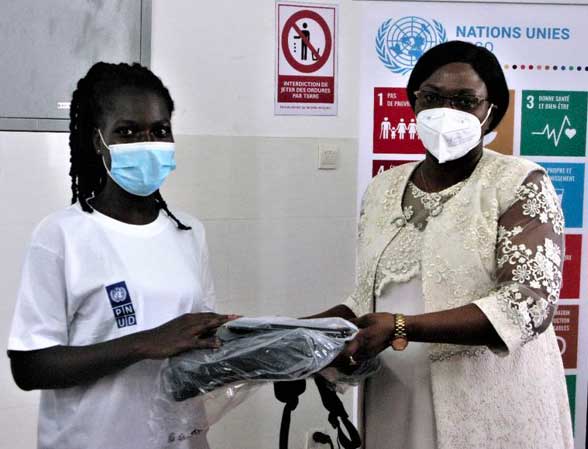 SIDEBAR: Togo’s women leaders have a real say in decision-making, with the appointment in 2020 of Victoire Tomegah-Dogbé as the West African country’s first female prime minister, setting the pace for other women to hold major portfolios.
SIDEBAR: Togo’s women leaders have a real say in decision-making, with the appointment in 2020 of Victoire Tomegah-Dogbé as the West African country’s first female prime minister, setting the pace for other women to hold major portfolios.
Tsegan Dzigbodi was elected as the Speaker of the House, while 12 other women also entered the current government, which is composed of 35 ministers, representing 34.29% of the government team, and exceeding the quota of 30% recommended by the African Union.
According to the Togolese Minister of Social Action, Women’s Empowerment and Literacy, Adjovi Lolonyo Apedoh-Anakoma, the promotion of female leadership has been made possible through the adoption of new laws promoting gender equality. She added that the strategic portfolio of National Defence will also be entrusted to a woman for the first time in the country’s history.
It is noteworthy that the World Bank’s ‘Women Business and the Law’ report, published in February 2021, ranked Togo first in terms of promoting female leadership in decision-making bodies in business and entrepreneurship in West Africa.
Blame Ekoué is the Togo correspondent for the BBC and for Paris-based media house, ANA. He has also reported for Associated Press and Radio France International. He holds a BA in Communications from the Leader Institute in Lomé. Formerly deputy editor of the West Africa Revue, he has been a contributor to the Lome-based Business and Finance magazine since 2015.

